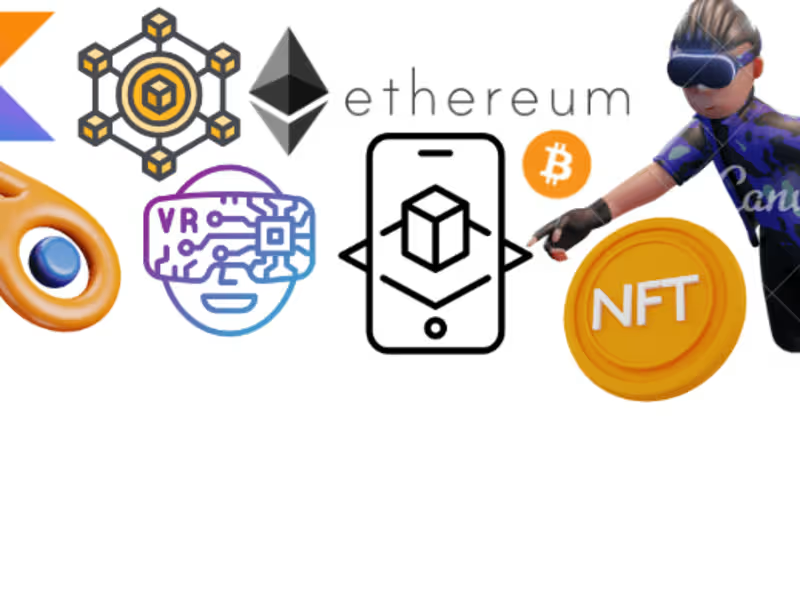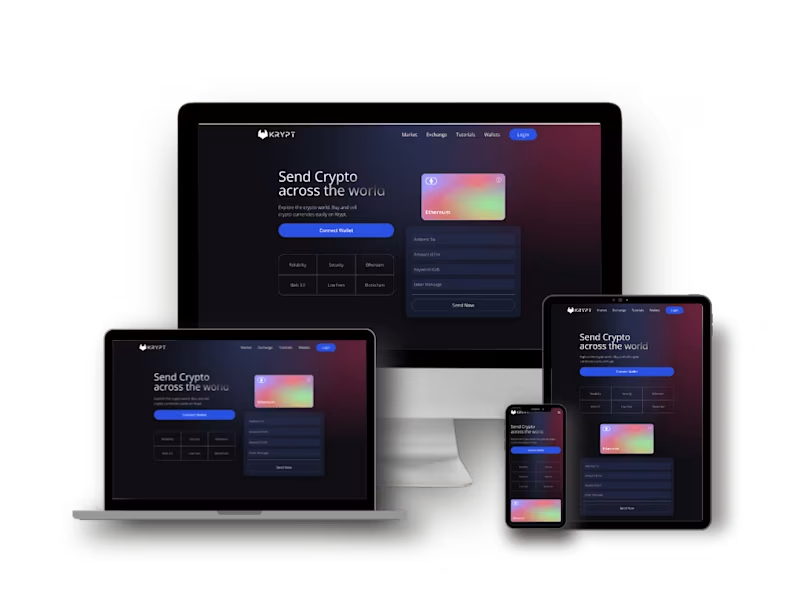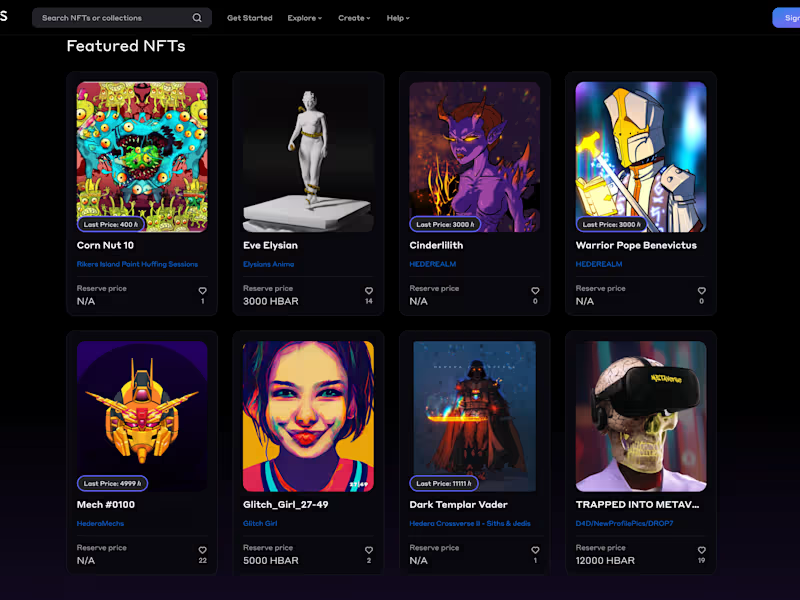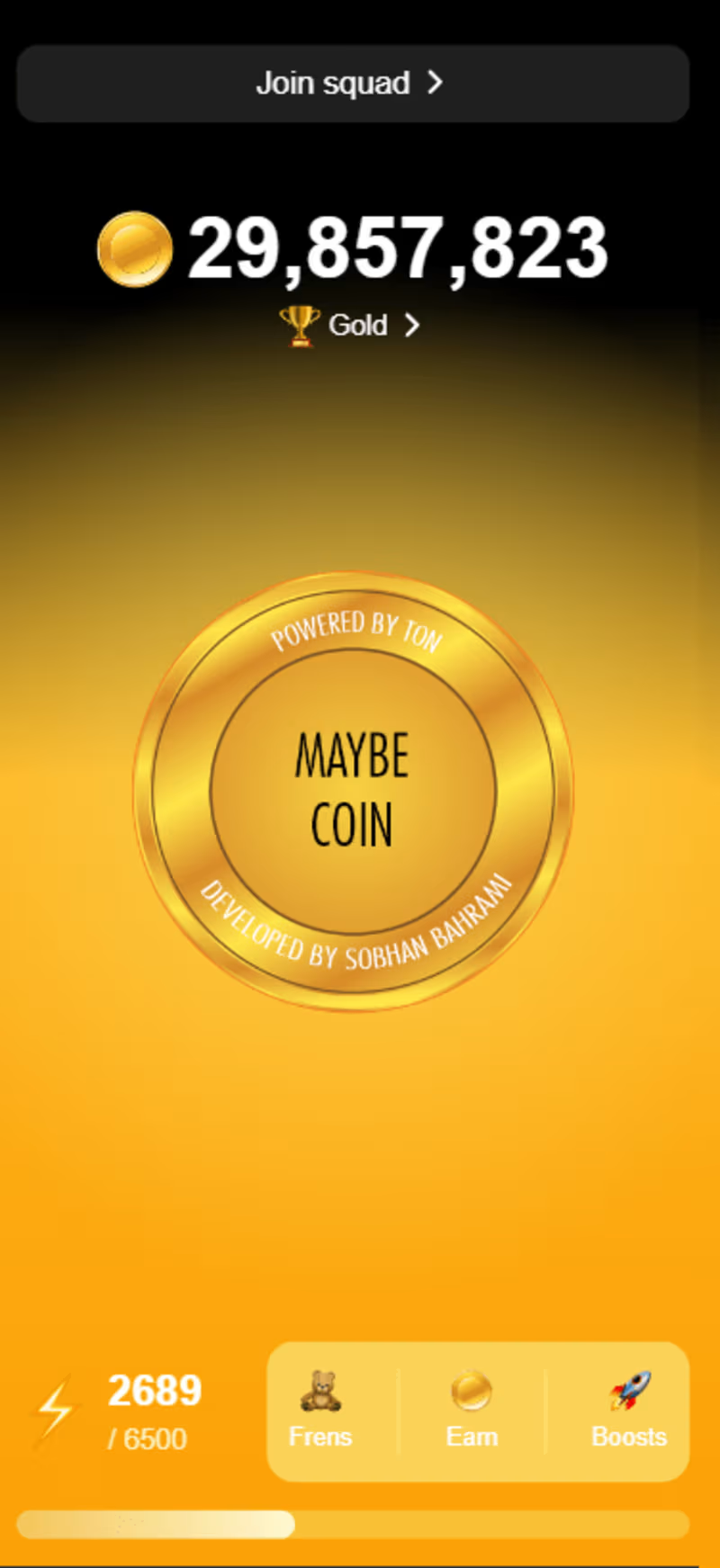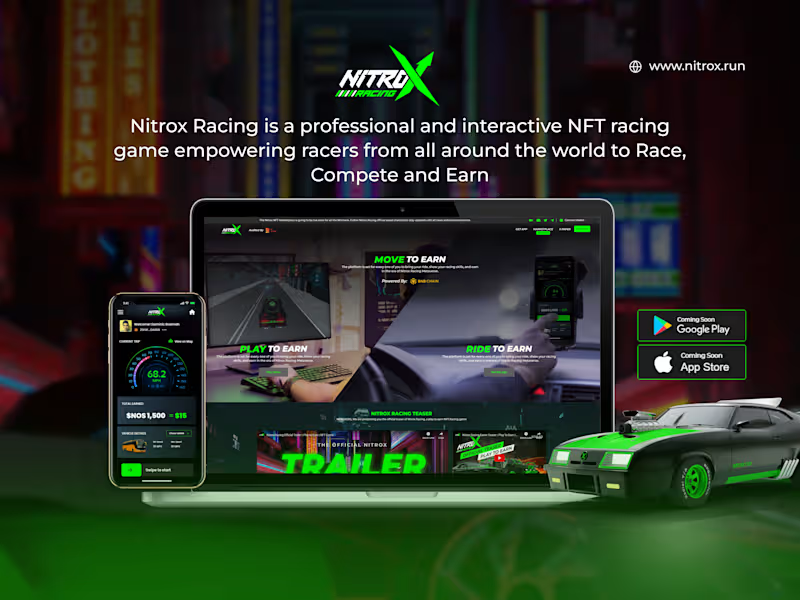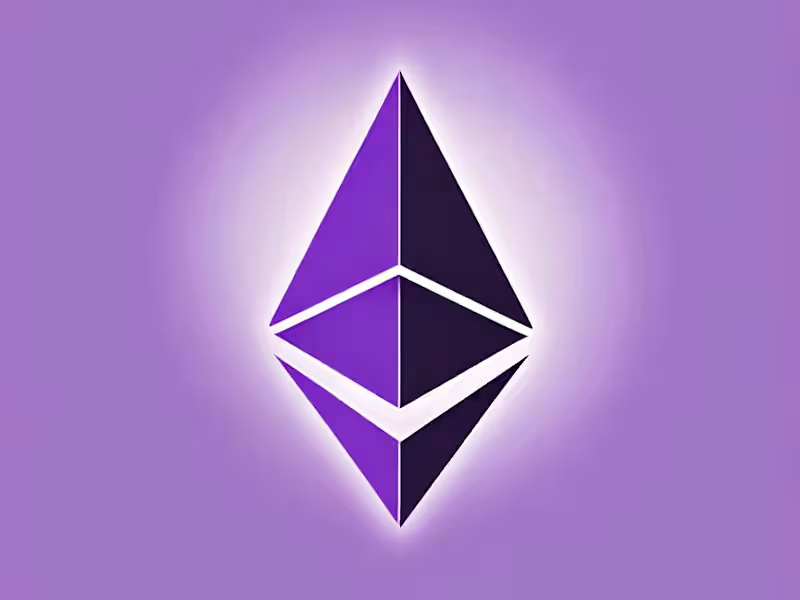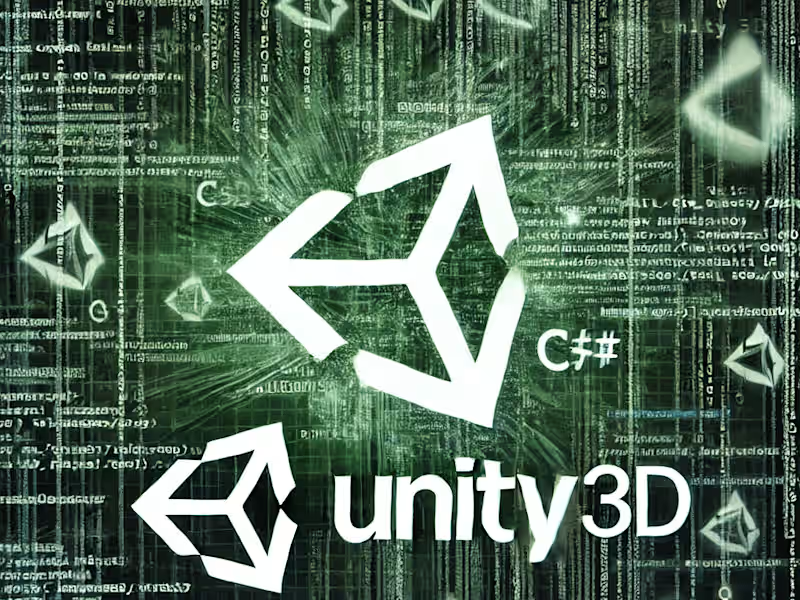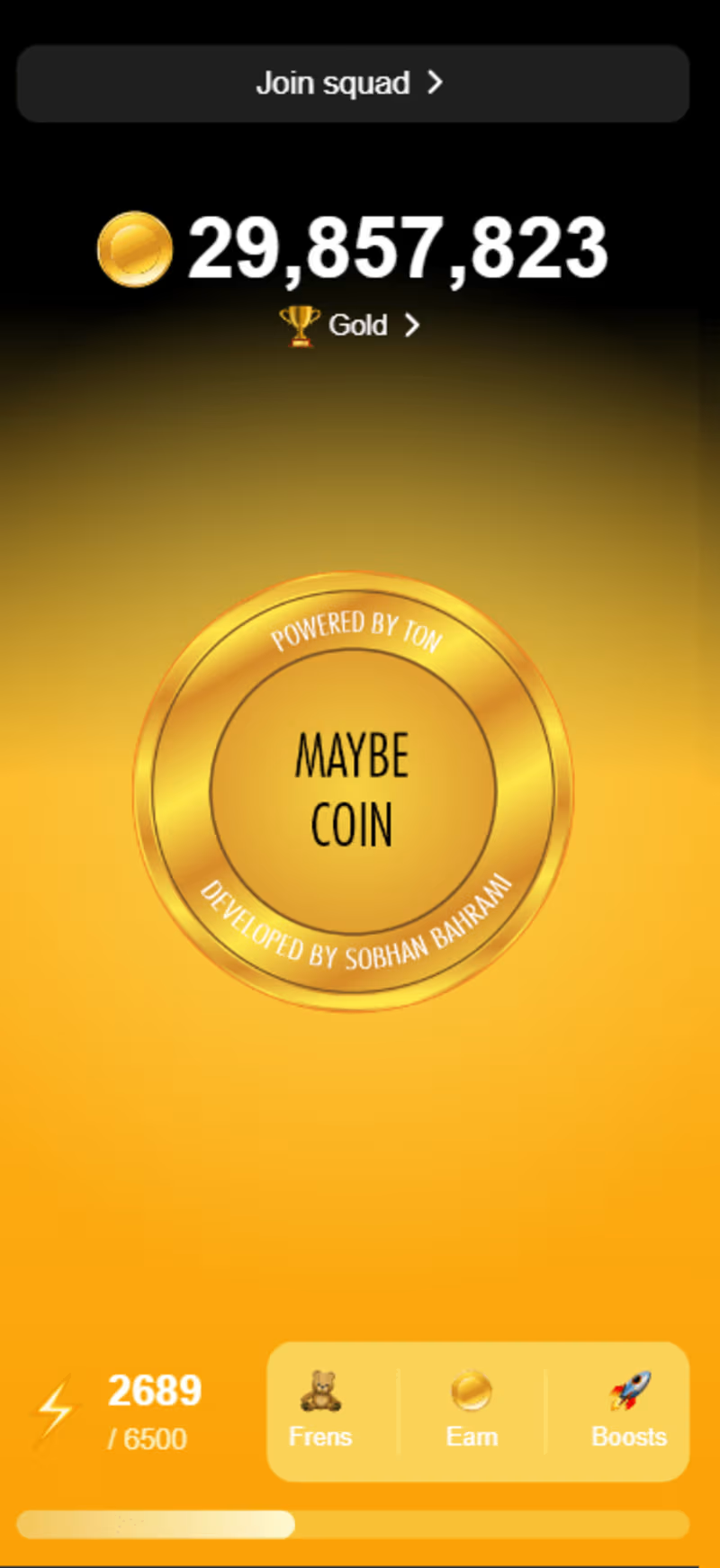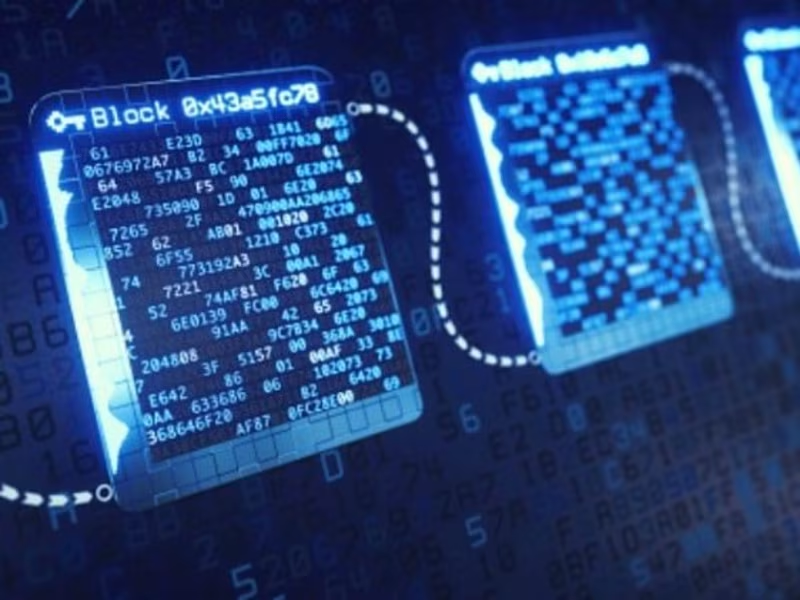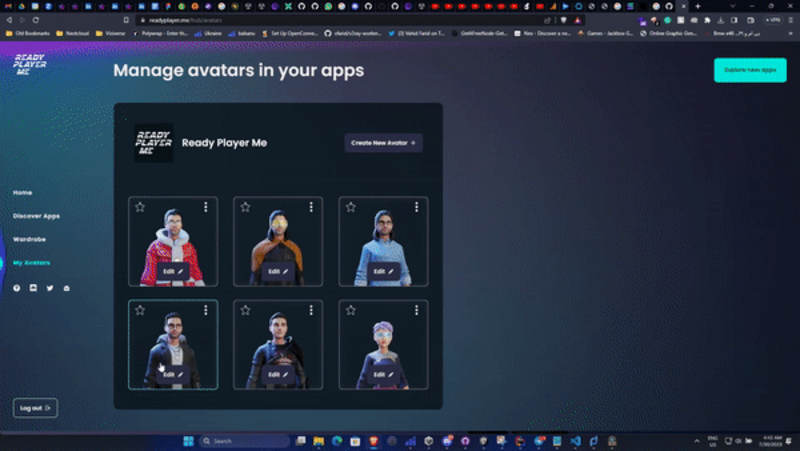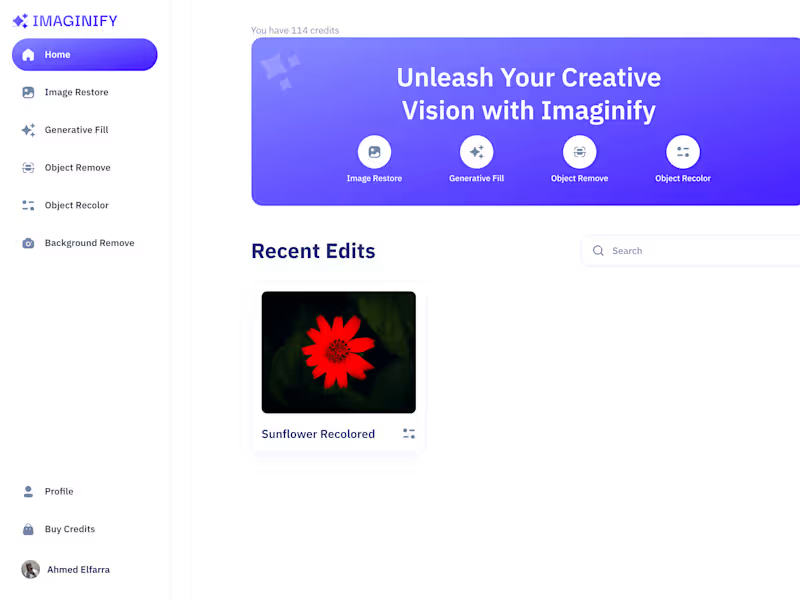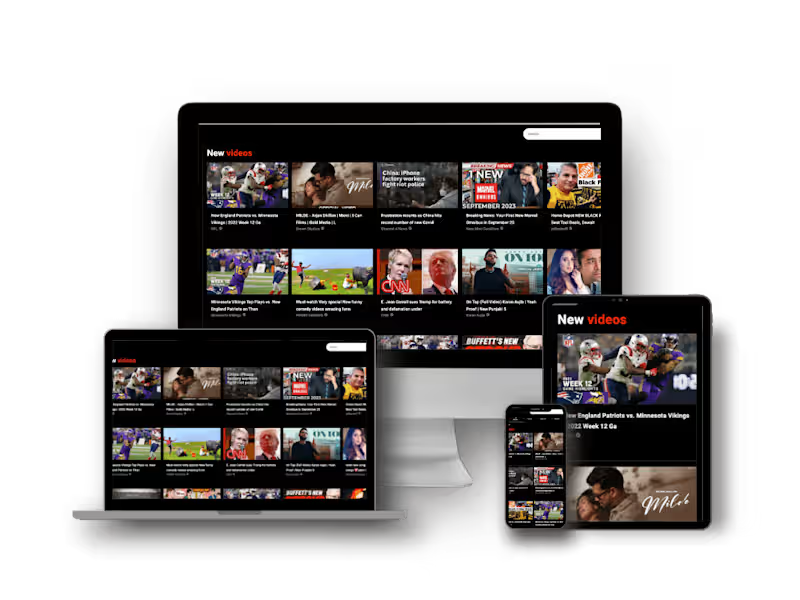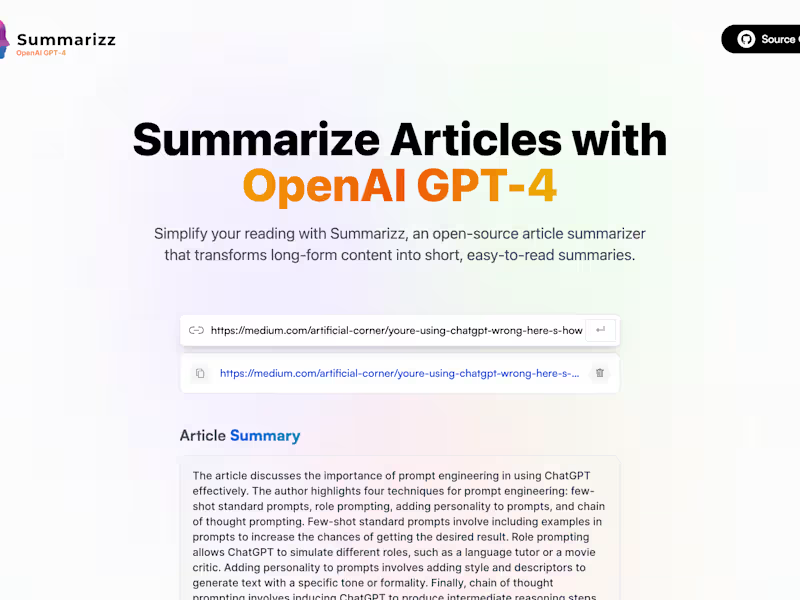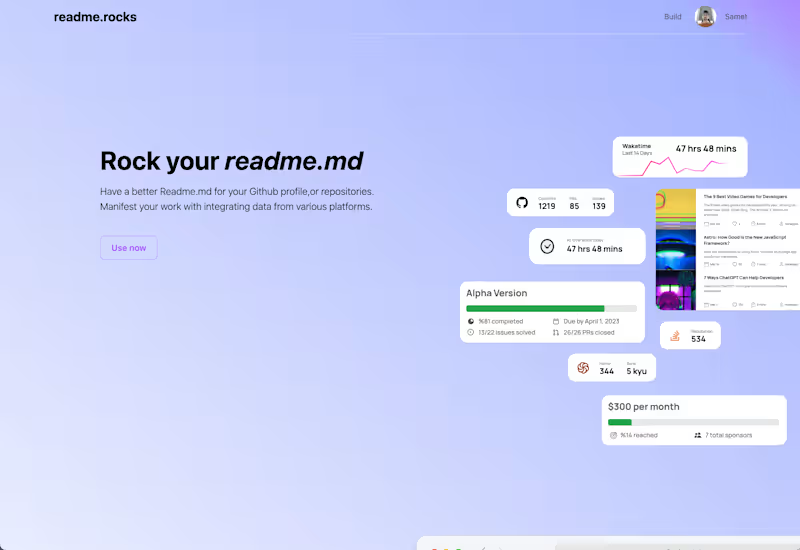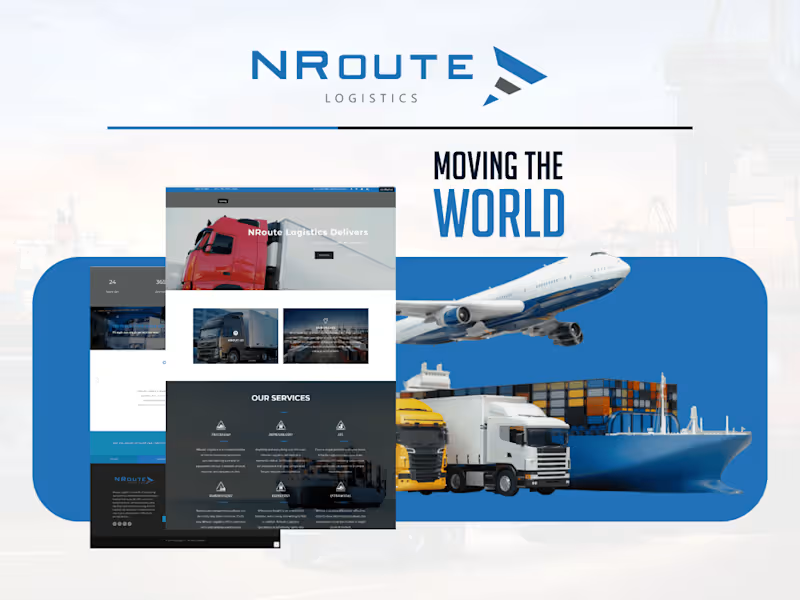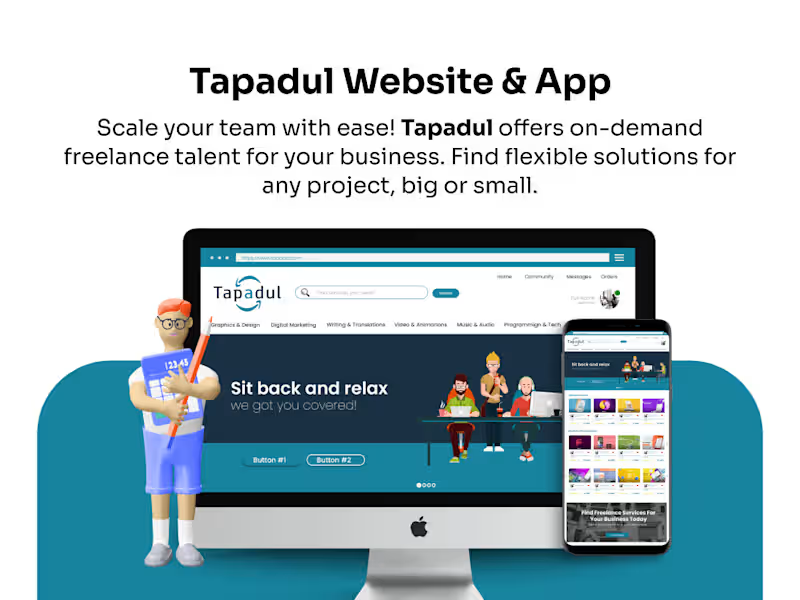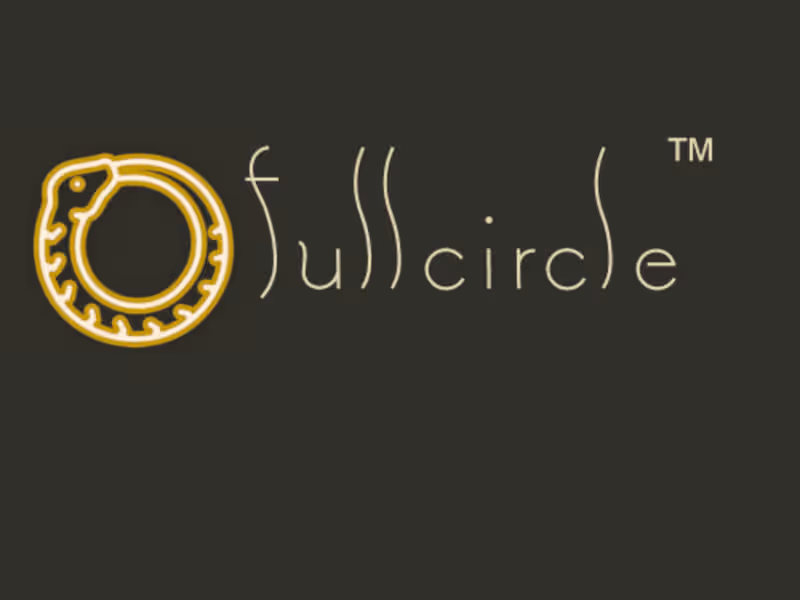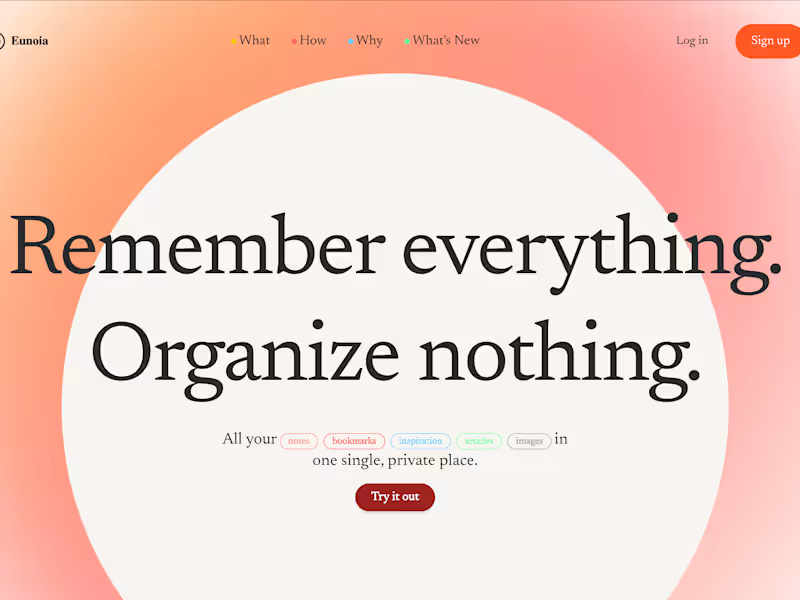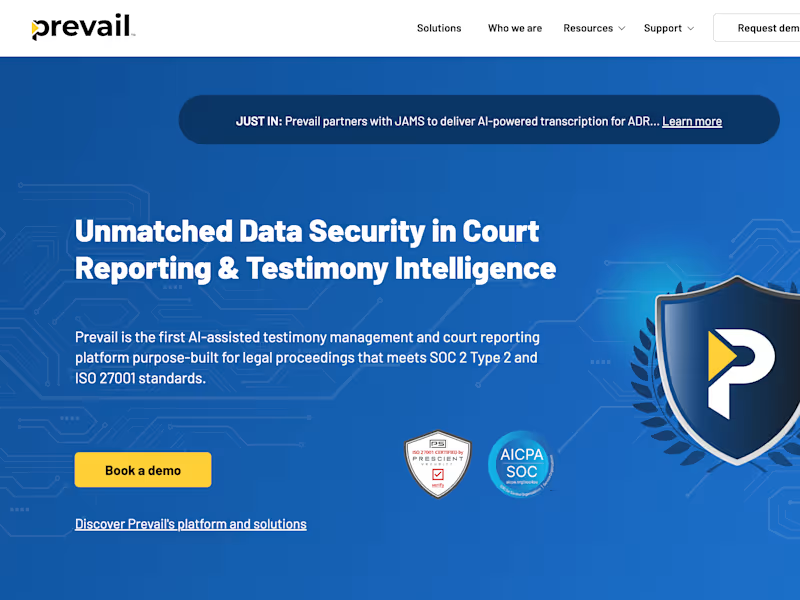How do I determine the right skill set for my blockchain project?
Begin by identifying the specific needs of your blockchain project. Think about the technologies and platforms, like Ethereum or Solana, you plan to use. Match these with developers who have proven experience on similar projects. Look for developers with a strong understanding of smart contracts or decentralized applications. Check their profiles for case studies that match your needs.
What should I include in the project brief when hiring a blockchain developer?
A clear project brief is vital for a successful partnership. Define the project scope, including all deliverables and deadlines. Include technical requirements such as language or platform preferences. Provide context on the project's goals and target audience. This helps the developer understand your vision and craft suitable solutions.
How can I verify the experience of a blockchain developer?
Review the developer's portfolio for past blockchain projects. Look for similar projects they've completed successfully. Testimonials from previous clients can offer insights into their reliability and expertise. If possible, conduct a technical interview to assess their understanding. This helps ensure you hire talent with genuine skills.
What should I consider when defining project timelines?
Be realistic about how long blockchain projects typically take. Consider each phase, from research and development to testing and launch. Discuss timelines with the developer to align expectations. Make room for potential changes or iterations. Clear deadlines help keep the project on track while allowing flexibility.
How do I ensure quality assurance and testing in blockchain projects?
Quality assurance is crucial in blockchain projects. Make sure to establish a testing phase in your project timeline. Agree with the developer on testing protocols, including security checks. Continuous testing helps catch bugs early. This guarantees a robust, reliable solution that meets your standards.
Why is communication important when working with blockchain developers?
Good communication ensures everyone stays on the same page. Regular updates from the developer keep you informed about project progress. Set up preferred communication channels early on, like email or chat. Discuss how often you'll have check-ins to address issues promptly. Maintaining clear communication is key to a successful engagement.
What are the milestones in a blockchain project?
Milestones help track progress and ensure timely delivery. Break your project into phases, such as planning, development, testing, and deployment. List key deliverables for each phase and agree on them with the developer. Use milestones to assess progress and make adjustments as needed. They make the project manageable and keep everyone focused.
How do I handle changes or pivots during the project?
Be prepared for adjustments as the project evolves. Discuss a process for implementing changes before starting. Agree on how changes will impact timelines and deliverables. Regular check-ins with the developer help address modifications in real-time. Flexibility and preparedness are crucial to adapt to new insights or challenges.
What kind of post-launch support should I expect from a blockchain developer?
Post-launch support is essential for project success. Discuss ongoing maintenance needs with your developer. Agree on how issues will be fixed and updates deployed after launch. Determine if the developer offers support services and the duration. This ensures you have assistance for any post-launch challenges.
Who is Contra for?
Contra is designed for both freelancers (referred to as "independents") and clients. Freelancers can showcase their work, connect with clients, and manage projects commission-free. Clients can discover and hire top freelance talent for their projects.
What is the vision of Contra?
Contra aims to revolutionize the world of work by providing an all-in-one platform that empowers freelancers and clients to connect and collaborate seamlessly, eliminating traditional barriers and commission fees.







































